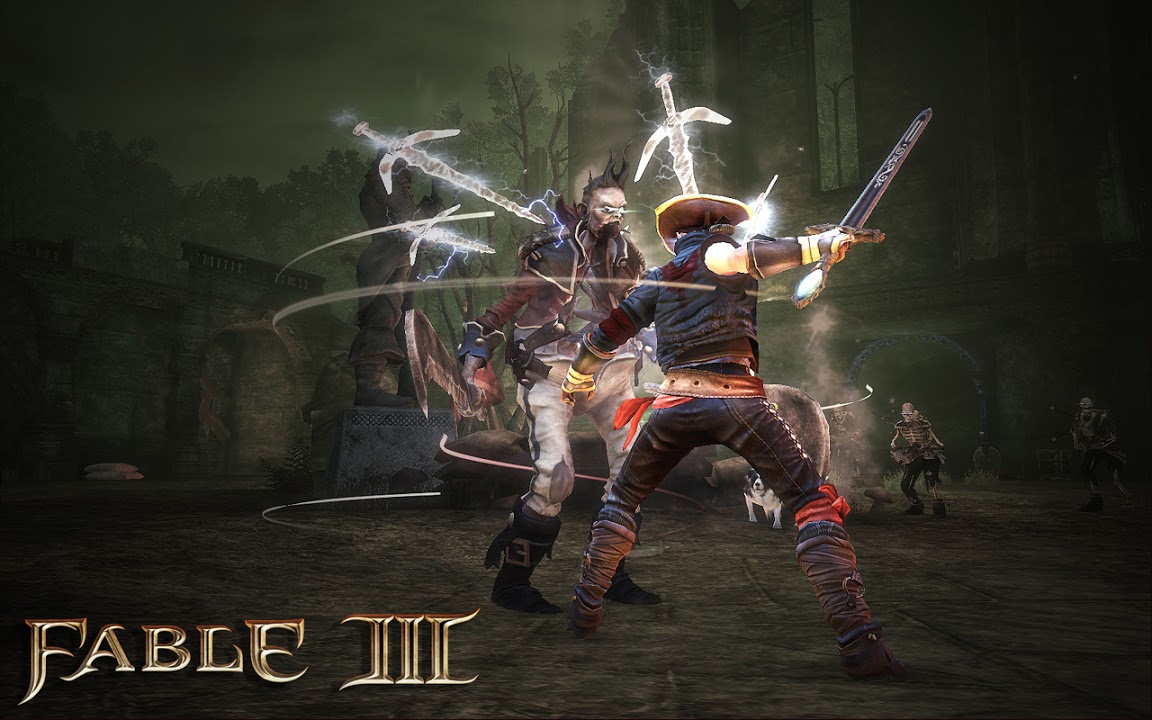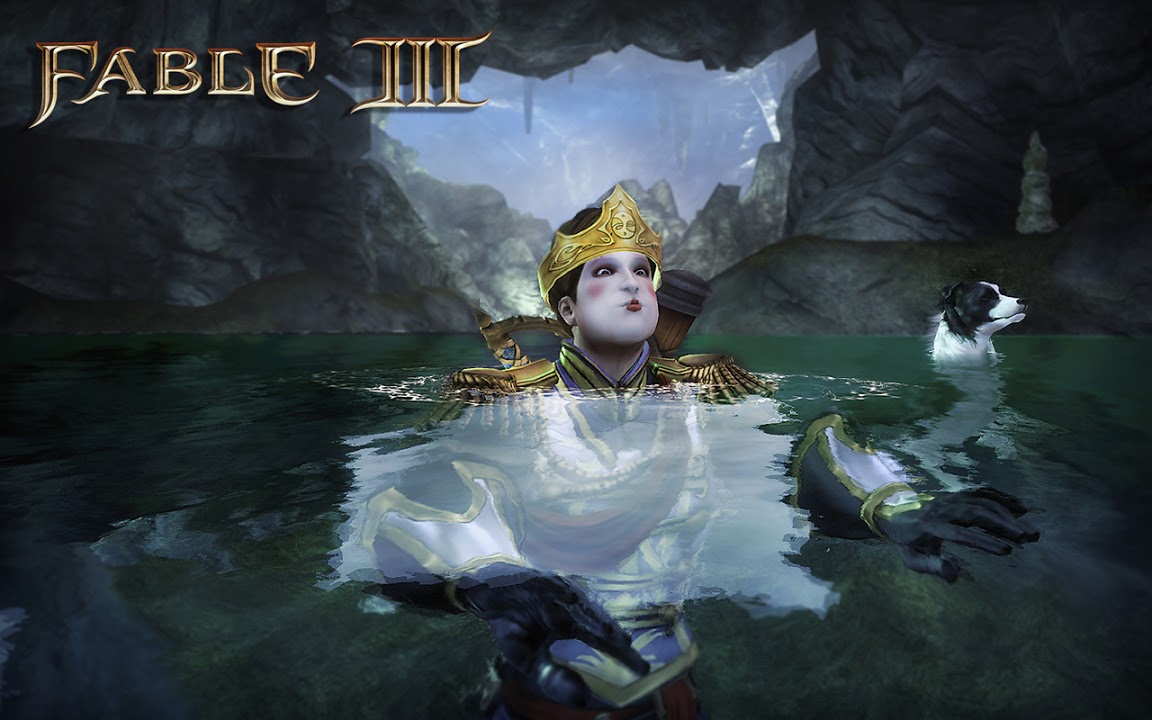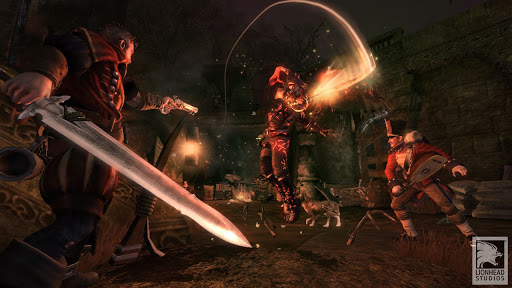This post has not been edited by the GamesBeat staff. Opinions by GamesBeat community writers do not necessarily reflect those of the staff.

Fifty years have passed since the events of Fable 2 and Albion is once again in need of a hero. The player begins as a prince or princess sibling to the crowned monarch and child of the main protagonist in Fable 2. The ruling monarch — in an effort to strengthen the crown — has become rather unpopular with the proletarians of Albion. With the intention of saving Albion the young idealistic prince (as how I played) becomes a revolutionary and sets off to an epic quest with his pet dog and dear mentor Sir Walter.
As the next hero, do you become the darling or the bete noire of Albion?As the hero embarks on his journey, the he faces the dark truth of his brother’s transgressions, he faces choices that either bring fame or infamy, he risks his life at each dangerous turn, and for what?–to only take over the reins of the monarchy himself for the people under his rule to turn their noses at every decision made.
Let us examine my journey through Albion.
My view was to be romantic, yet an anti-establishment figure against the rein of the current King. The journey consists as a quixotic adventure a la Fable 2, but as a condottiere, going to the different lands and recruiting the help of its’ people. My path was laid before me, I intended to slay social orthodoxy, but as the story unfolded my image of being a virtuous revolutionary became difficult and clouded.
In Fable 3 the definition of what constitutes a hero changes over the player’s progression. Save your friend but doom the protesters. Legalize prostitution in an effort to lower taxes but lose an orphanage. These tough decisions – albeit rudimentary choices – are presented to our hero. But the hero in Fable 3 is more and more of a revolutionary (a hero to a few and not all) as he leads the cause to overtake his brother.
It is a story of rebels and monarchs, but when the bloodshed of a successful coup de tat is over how does the new ruler go by his civic duties?

The revolution is not done in one fell swoop as our hero’s quest takes the player to some remote places of Albion. A snow covered encampment. A fort located in dead-mans land (literally, as you fight skeletal corpses). An industrial urban city covered in the darkness of the snoot of its industry. All these sites are affected by the decisions of the monarch, and as the hero uncovers the truth rights the wrong or in the case of the Fable series wrongs the right as well.
The greatest flaw of Fable 3 is the lack of an incubation period. As a young lad in Fable 2 one saw the faults and failures of the current ruler. In Fable 3, we are told capitalism and its’ fore-bearer, industry. My awakening is when I am told by Sir Walter, and shown by the King the evil of his choices.
Fable 3 plays with our assumptions in a poor way. A contemporary video game that does this well — having an incubation period and an awakening — Rockstar’s western tale Red Dead Redemption.

After the successful coup — you can pardoned the abdicated monarch as well — the responsibility of running the kingdom falls on the shoulders of the revolutionary. The background of the game has now changed, instead of having short-termed consequences we begin to judge on decisions that will have long-termed effects on Albion.
It is in these decisions that in Fable 3 judges the player by giving the player power to rule by whim or guided by morality. The video game asks of the player an aphorism from the book The Plague by Albert Camus — who know has absolute power — as a ruler with great deeds are you now capable of greet feeling? No other video game poised that question so well.
